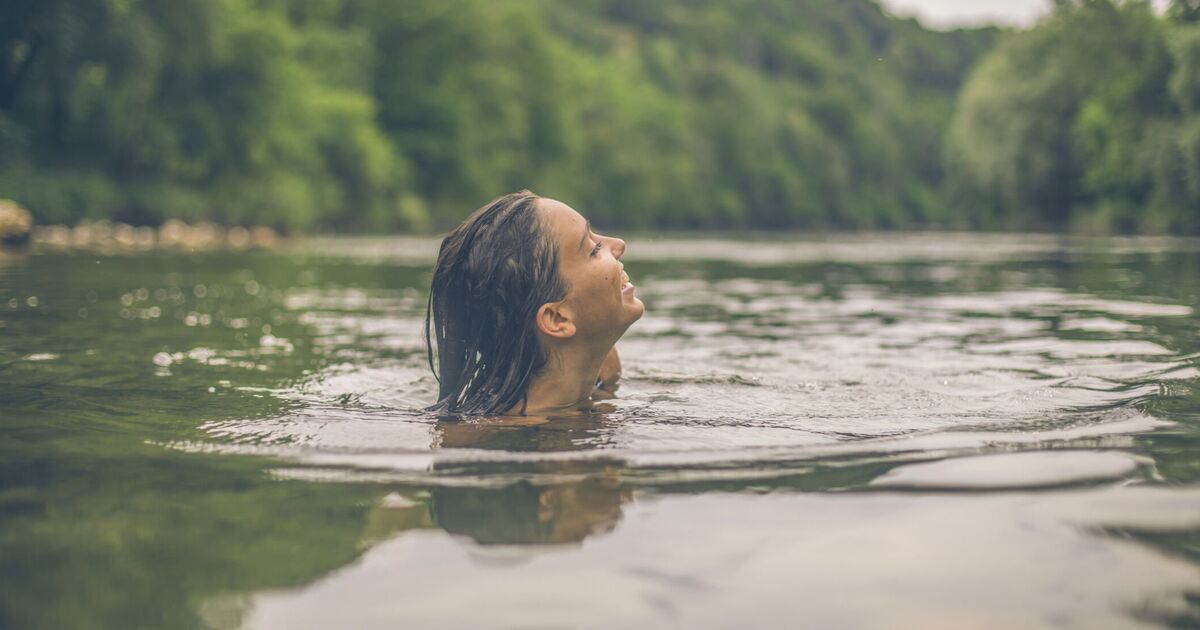Swimmers are being warned about the severe health risks of taking a dip in dirty waters after fears over the River Seine’s cleanliness led to the postponement of the Olympic triathlon event due to water quality concerns.
The risk to public health from swimming in poor-quality water has been thrust into the spotlight by doctors, following upsets regarding pollution in famed bodies of water like the Seine.
Dr Donald Grant, a GP and Senior Clinical Advisor at The Independent Pharmacy, underscored the serious implications of taking a plunge in such conditions, highlighting the potential for “drastic effects” on human health.
He sounded the alarm by stating: “In unclean or polluted waters, many types of bacteria can be present, including E.coli, salmonella and vibrio. These bacteria strains can lead to gastrointestinal issues, leading to diarrhoea and vomiting – but they can also lead to more serious diseases such as typhoid fever.
“Furthermore, there’s an elevated risk of contracting viral infections when swimming in tainted waters. As with bacterial contaminations, viruses such as norovirus and hepatitis A strains prevalent in sullied waters can result in dire stomach and liver infections.”
Typhoid fever is a particularly concerning illness that is both highly contagious and potentially fatal if left untreated. It stems from salmonella and begins by ingesting contaminated water or swimming with open wounds.
Symptoms for this illness include high fever, fatigue, abdominal pain and a loss of appetite. Contaminated water also holds the potential for parasitic infections like cryptosporidium, a parasite that was found in South West Water’s Brixham supply in May.
Drinking water contaminated with this parasite can cause abdominal cramps, urgent bowel movements and bloating. Fungal infections, like athlete’s foot, are also a probable issue in parasite-inhabited water.
The doctor cautioned: “Over-the-counter treatments such as Daktacort Antifungal Cream are effective at treating these common infections by targeting inflammation and killing fungus found on the skin. Utilising these treatments when infected can quickly reduce itching and irritation.”
When it comes to avoiding and identifying potentially contaminated water, the doctor urged people to be wary of water with poor circulation like edges of rivers or lakes as these can often hide the presence of fungi. The doctor also advised people find their local water quality reports to assess how clean their local rivers and lakes may be before going for a swim.
He also urged: “Furthermore, it’s important to maintain strong personal hygiene, showering before and after swimming and avoiding swimming with open wounds – as these can quickly become infected by bacteria or viruses.”
Despite a rigorous clean-up effort in the months leading up to the Olympics, and even Paris’ mayor taking a dip publicly last month, the triathlon event was pushed back due to escalating concerns over water quality. The anxiety over health risks escalated to such an extent that triathlete Seth Rider’s pre-event remarks caused a stir online, later prompting him to clarify that his words were made in jest.
Rider had suggested his unique preparations for the potentially polluted Seine waters involved building his immunity to E. Coli, stating: “It’s actually backed by science. Proven methods. Just little things throughout your day, like not washing your hands after you go to the bathroom.”
Following his race where he placed 29th, Rider reassured everyone that his previous comments were not serious, although he did concede: “It was a joke. Hopefully I can handle some E. coli because I think I swallowed so much water out there. Probably everyone did.”











